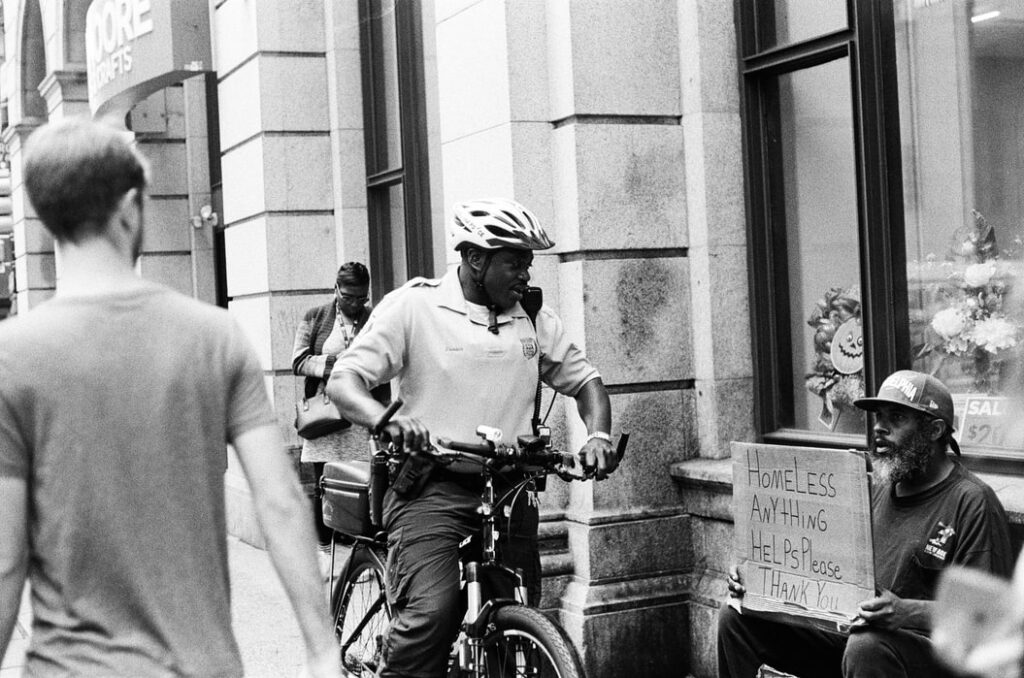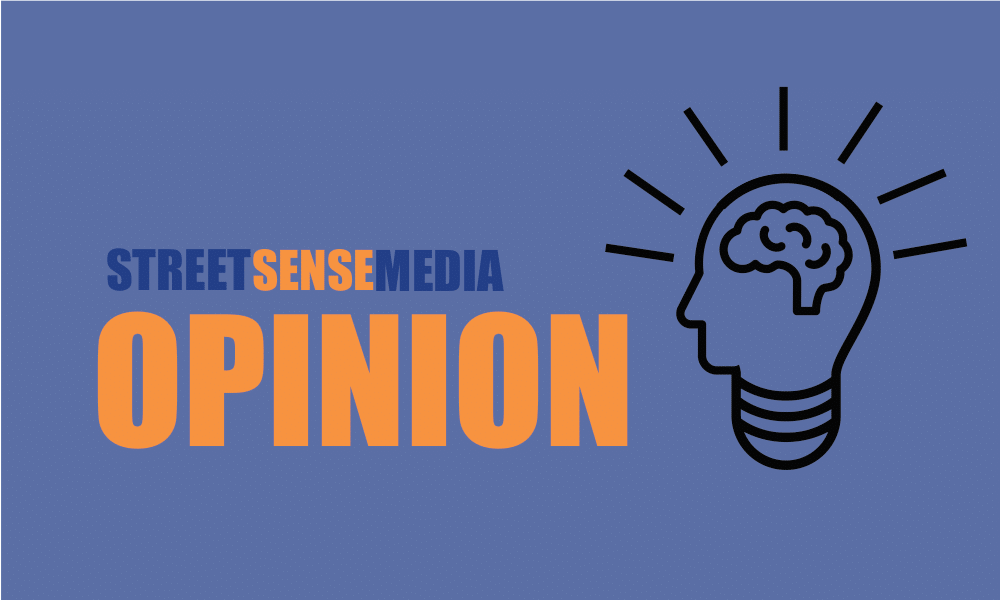In its report, “20 Years of Hate,” published in December, the National Coalition for the Homeless analyzed the conditions around bias-motivated crimes against people experiencing homelessness. The report documented all known incidents and discussed causes for the prevalence of these hate crimes as well as solutions for reducing them.
The National Coalition counted 83 incidents of bias-motivated violence toward unhoused people in 2018 and 2019, during which 35 victims lost their lives. This is a decrease from the previous two-year period, during which 48 victims died. Although the new report focused primarily on 2018 and 2019, it discussed findings dating back to 1999. NCH has released a hate-crime report every year since then, documenting a total of 1,852 incidents of violence against people experiencing homelessness, 515 of which were fatal. The incidents discussed in the report occurred in 29 states and D.C.
Advocates consider this data to be an undercount. NCH recorded 14 total incidents of bias-motivated violence against homeless people in D.C. between 1999 and 2019. However, while the Office of the Chief Medical Examiner recorded eight homicide deaths among people experiencing homelessness in 2019 alone, none were determined by the Metropolitan Police Department to be the result of hate crimes
In May 2020, a 62-year-old homeless man named Darryl Finney died in a homicide. He was set on fire by his attacker, who was charged with first-degree murder, assault with intent to kill, arson, and destruction of property. According to court records, the man who killed Finney had thrown a flaming t-shirt onto another sleeping homeless person just 30 minutes beforehand. That individual escaped without injury. The case is still pending a grand jury. MPD again recorded zero hate crimes against people experiencing homelessness for the year 2020, indicating that Finney’s death was not considered a bias-motivated crime.
Alaina Gertz, MPD Public Affairs Specialist, said MPD is not currently investigating Finney’s death as potentially being motivated by hate or bias. In order for MPD to do so, additional evidence that “the reason Mr. Finney was killed was because he was homeless” would be needed, said Gertz. Gertz added that MPD will present the case to the U.S. Attorney’s Office, and the USAO can then decide if it wants to charge the case as a hate crime.
“D.C.[‘s] hate crimes law includes homelessness as a protected class, yet that law is rarely used,” said Ann Marie Staudenmaier, a staff attorney at the Washington Legal Clinic for the Homeless. Many of these crimes go unprosecuted, she said.
In addition to being undercounted in government data nationwide, the report also claims that the number of hate crimes is underreported by unhoused individuals themselves. Donald Whitehead, NCH’s executive director, attributes this in part to a distrust of law enforcement. “There is a fear that nobody is going to take them seriously, and that it is useless to make that report,” he said.
This distrust may stem in part from criminalization policies enforced against people experiencing homelessness, according to Whitehead, referring to policies that criminalize daily practices homeless people must do to survive, like sleeping in public. According to the report, such laws have been implemented in 187 U.S. cities.
“If you are criminalized for no more than being poor, you’re not going to trust what would be the visual arm of that,” said Reginald Black, advocacy director for the People for Fairness Coalition.
[Disclosure: Reginald Black is also an artist/vendor with Street Sense Media]
According to the report, criminalization policies contribute to increased bias against people experiencing homelessness because enforcement of them ostracizes those individuals. Staudenmaier believes these policies “dehumanize” people experiencing homelessness. The report proposes the removal of these policies as a way to combat the prevalence of bias-motivated crimes.
NCH also proposes adding people experiencing homelessness as a protected class under federal hate crimes status. Hate crimes, by definition, are motivated by bias toward an aspect of a person’s identity. While the D.C. Bias-Related Crime Act of 1989 includes “homelessness” as one of 15 traits the perpetrator’s prejudice may be based on, the U.S. Department of Justice’s definition of a hate crime does not include homelessness as a possible motivator for the perpetrator.
The benefit of including homelessness in the federal definition of hate crimes would be to “reduce the incidents where people think they can get away with attacking somebody for hate-based or bias-based reasons,” Staudenmaier said. Another benefit would be the deterrent of increased penalties that come with committing a hate crime, according to Whitehead. These increased penalties vary by state. In some states, hate crimes can be considered felonies.
Despite being counted in the D.C. Bias-Related Crime Act, homelessness is not a protected trait in the D.C. Human Rights Act, which “prohibits discrimination in housing, employment, public accommodations and educational institutions.” Nor is it protected by federal anti-discrimination legislation.
The Michael A. Stoops Anti-Discrimination Amendment Act of 2019, named for NCH co-founder Michael Stoops, aims to add homelessness to the list of more than 20 traits that are protected by D.C. law. The bill died in committee last year, but will “hopefully” be reintroduced in this new D.C. Council session, Staudenmaier said.
[Read more: Anti-discrimination law to protect people experiencing homelessness dies in Council, again]
Black said community members should research the Stoops bill and push their elected officials to reintroduce it “so that people can have the tools necessary to have these nuanced instances really looked at in a way that is humanizing for them.” This specific protected class would also provide more attention to anti-homeless bias before it reaches the level of an attack like those described in the 20 Years of Hate report, according to Black.
“The way things are now,” said Black, who is formerly homeless, “you are dehumanized because you are poor.”








